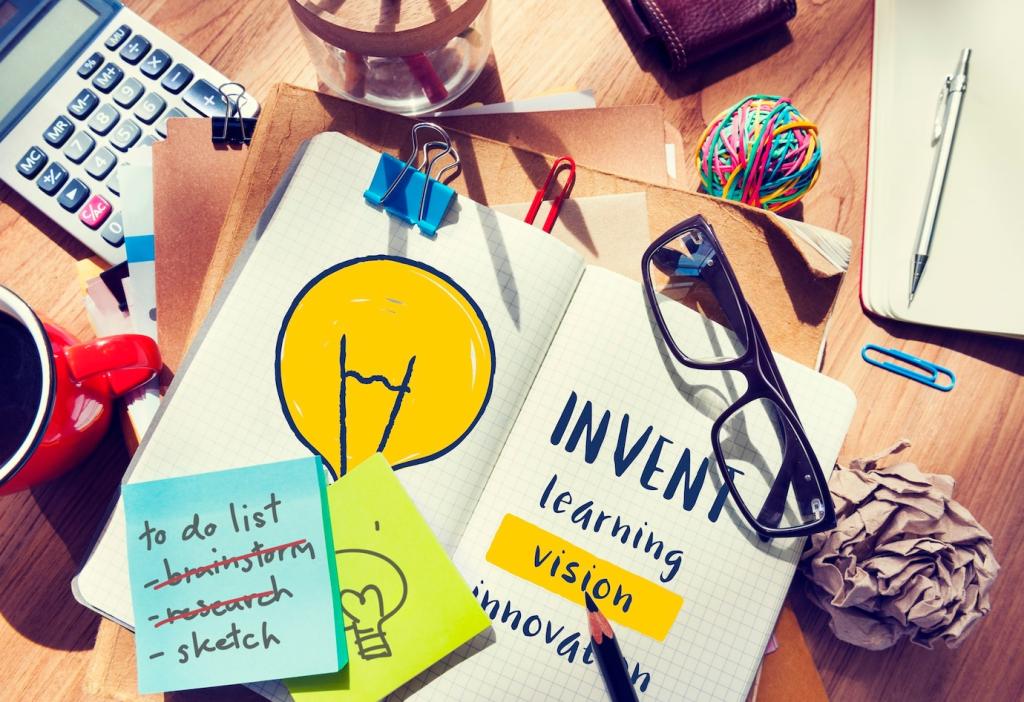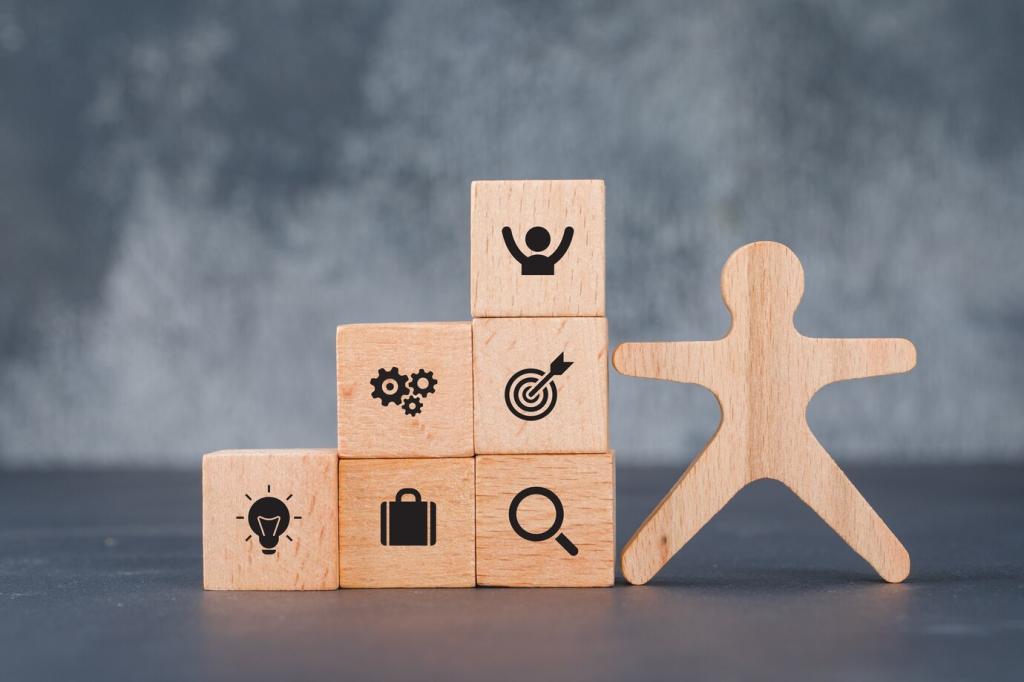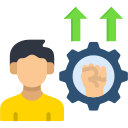Boosting Skills through Community Service: Learn, Serve, Grow
Why Community Service Accelerates Skill Growth
From organizing donation drives to coordinating shifts, service settings push you to practice teamwork, time management, and problem-solving under real constraints. These experiences translate directly into classrooms, careers, and everyday leadership opportunities.
Why Community Service Accelerates Skill Growth
Unlike simulations, community partners give immediate, candid feedback. You iterate quickly, adjust your approach, and learn to separate personal ego from shared outcomes, strengthening resilience, adaptability, and your capacity to collaborate across differences and disciplines.


Communication Mastery in the Field
Active Listening With Purpose
During a neighborhood clean-up, Maya paused to ask seniors what hours worked best. That tiny question unlocked better turnout, deeper trust, and a plan shaped by residents themselves—excellent practice for client discovery and stakeholder interviews.
Cultural Humility and Inclusive Language
Service places you in diverse spaces where assumptions can harm. You learn to check bias, ask respectful questions, translate jargon, and communicate accessibly so everyone—regardless of background—feels invited, heard, and empowered to contribute meaningfully.
Public Speaking Through Service Stories
After coordinating a coat drive, Jamal presented outcomes to a city council. Presenting real metrics and human stories sharpened his pacing, structure, and credibility—skills he now uses confidently in classrooms, pitch meetings, and scholarship interviews.

Digital Tools for Volunteers
From spreadsheets and shared calendars to form builders and lightweight CRMs, service projects force practical tech adoption. You become the person who simplifies sign-ups, cleans messy data, and automates reminders without overcomplicating the volunteer experience.
Problem-Solving Under Pressure
When a delivery van breaks down, or rain cancels your outdoor clinic, you practice rapid replanning. Constraints sharpen creativity, and your calm communication turns potential chaos into a coordinated pivot that preserves dignity and outcomes.
Design Thinking for Community Impact
Empathy interviews, quick prototypes, and iterative testing fit beautifully in service. You co-create solutions with neighbors, center lived experience, and document learnings so programs scale responsibly rather than imposing one-size-fits-all answers.

Resume and Portfolio Strategies
Translate outcomes into impact statements: quantify food distributed, students tutored, or funds raised. Add process photos, dashboards, and reflections to a portfolio, proving your skills with evidence instead of vague claims or buzzwords.
Interview Narratives That Resonate
Use STAR structure to tell service stories. Focus on stakes, community voice, and what you learned. Employers appreciate humility, measurable results, and a bias for action—especially when your decisions considered equity and long-term sustainability.
Networking That Feels Authentic
Service introduces you to mentors, civic leaders, and fellow volunteers. Rather than transactional exchanges, you build relationships by showing up consistently, asking thoughtful questions, and offering help—connections that often open doors when applications blend together.
Start Today: Your Action Plan
List three skills you want to grow, then choose roles that stretch them—tutoring for communication, logistics for planning, advocacy for public speaking. Share your picks in the comments so our community can recommend opportunities.
